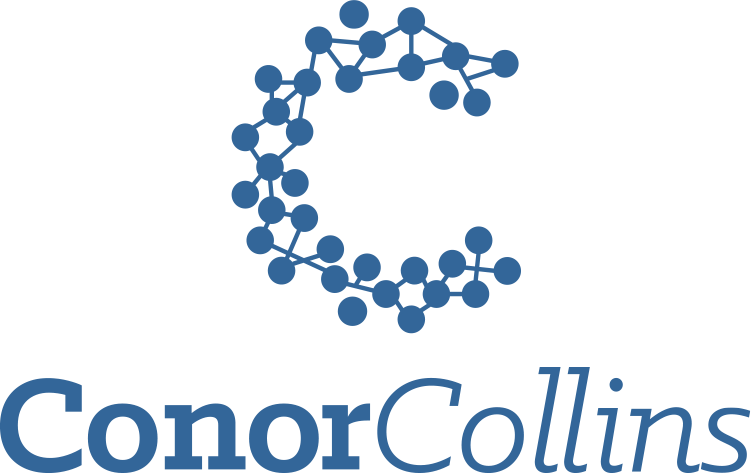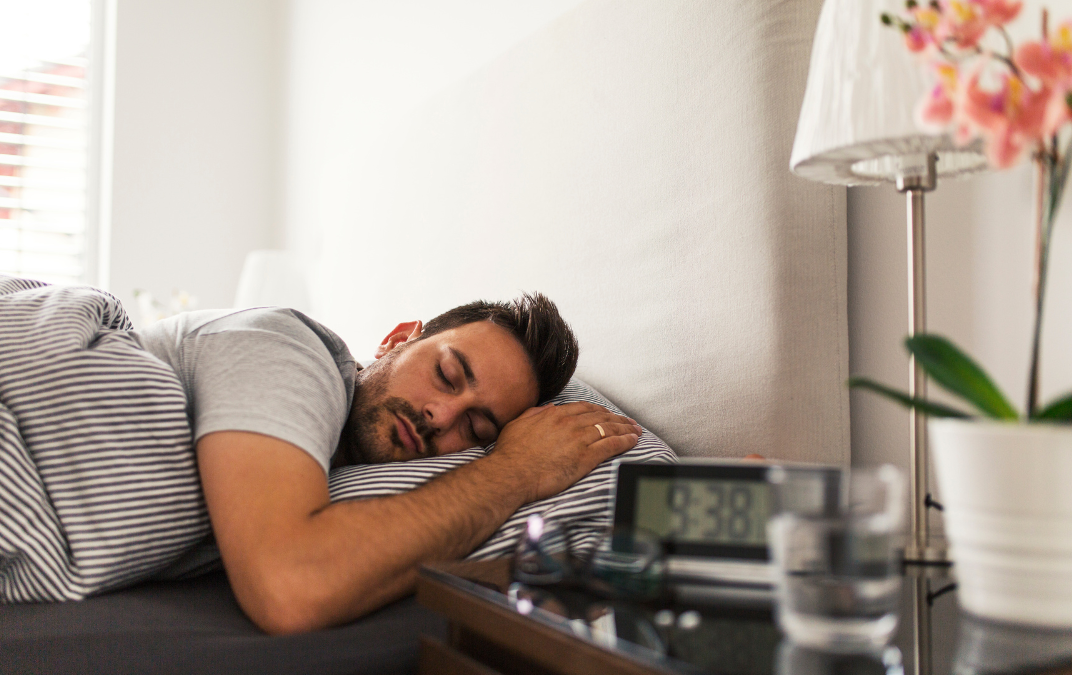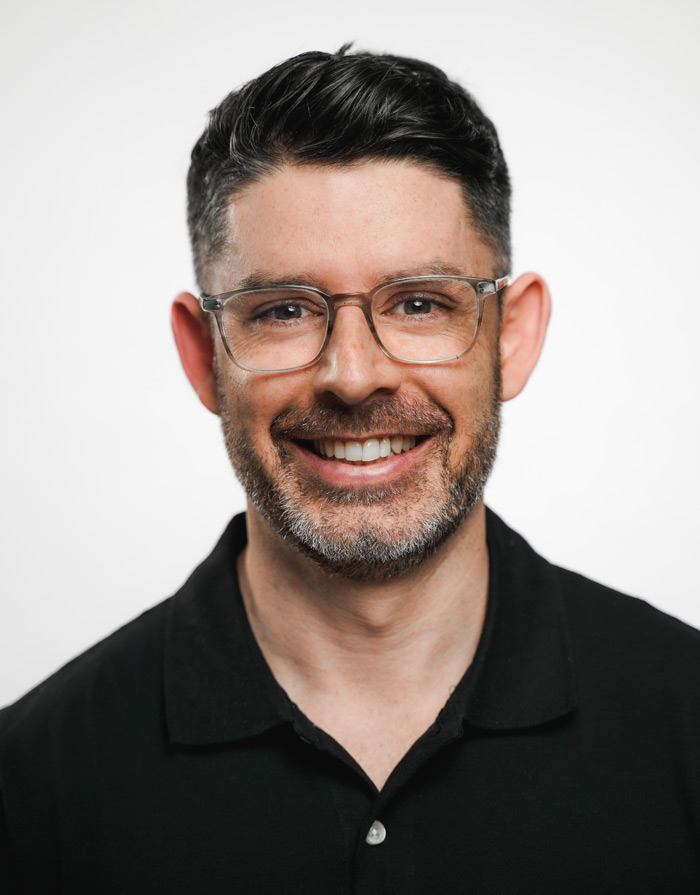For as long as I can remember I have always needed a lot of sleep. While there are people that appear to function well on little sleep, it’s not unusual for me to sleep 9-10 hours in a night. If my sleep is disrupted, it affects the rest of my day. For example, I was awoken last night at 4 am to the glorious sound of my dog throwing up. After helping him, I tossed and turned for an hour before eventually getting back to bed. As I sit here writing this article, I feel foggy, I’ve got a headache, I’m tired and don’t feel like myself.
When looking a determinants of health, recovery, and stress management, sleep always seems to be in the conversation.1,6,7 Concussions are no different. If you’ve followed my work for any period of time, you will continually hear me discuss the “Big 3” post-concussive categories to manage to lessen symptoms. Much of the research I’ve read touts the benefits of addressing the primary symptoms of post-concussive headache, presence (or resurgence of) mood disorder, and sleep hygiene. If we can help individuals with management strategies and provide resources to address these concerns early, people often stand a better chance for efficient recovery.
Sleep disorders in those that have suffered a concussion are common, ranging from 30-70% of people.8,2,5. The challenge often becomes the impact that sleep deprivation has on activities of daily living, especially as people move through their concussion recovery. People with associated sleep disturbance have higher odds of experiencing issues with working memory and concentration, as well as irritability, fatigue and headache.9 Furthermore, sleep deprivation may reduce an individual’s participation in meaningful activities throughout the day. In a sample size of 8,733 veterans, Kinney et al. reported that 87% had sleep troubles that affected both social and community participation (note: the study population was 93% male, with a co-morbidity of PTSD at 48%, and a co-morbidity of depression at 22%).4
Lack of quality sleep at night may also cause people to adopt new behaviours during the day due to the aforementioned symptoms. Napping is common and varies person-to-person. It is also not uncommon for individuals post-concussion to sleep in excess. Pleiosomnia is the excessive need for sleep. Researchers found that individuals post-concussion slept at total of 1.2 hours more than matched controls without obvious signs of concurrent co-morbid sleep conditions. These findings for increased sleep appeared to last far beyond the acute phase of the injury, with both objective and subjective findings still present at 6-months post-injury.3 Further research has found that trouble with sleeping in the sub-acute phase of concussive injury seemed to affect females more so than males9, again citing the need for further representation of sex-specific research on the myriad of symptoms people experience following this injury.
Regardless of the symptom presentation, a discussion around elements that can improve sleep is generally valuable. Most sleep researchers and professionals opt for behavioural interventions first. Behavioural interventions may include (but are not limited to) sleeping and waking at a fixed bedtime, getting outside in sunlight within 2 hours of waking, removal of electronics from the bedroom (including cellular devices), sleeping in a colder room, limiting caffeine and alcohol intake prior to bedtime, exercising daily, minimizing overhead lighting in the evening, and managing stress throughout the day. Stress management is broad and individualistic, but common tools include yoga, journaling, exercise, meditation and cognitive behavioural therapy.
In cases where behavioural interventions are partially successful, or not successful, sleep medications and/or supplements may be used to help with falling asleep, or staying asleep. These suggestions are recommended under the supervision of health professionals that understand the risks and benefits of the substances taken. This is particularly important for those that are already taking medication(s) to treat another conditions.
The struggle for people to recover to pre-injury sleep quality following a concussion is a multi-factorial problem requiring a person-tailored approach. While behavioural interventions are often successful, it may be necessary to investigate additional means of improving sleep quality such as medications, supplements, and sleep studies (at the discretion of a specialist). Lack of sleep is frustrating and tiring. If you are struggling with sleep there may be answers out there for you that may lead down an improved path of rest and recovery.
Well, it’s the end of the article and I’m more tired than when I started. Time for a nap.
References
1. Alhola, P., and Polo-Kantola, P. (2007). Sleep deprivation: impact on cognitive performance. Neuropsychiatr. Dis. Treat. 3, 553–567.
2. Castriotta,R.J.,Wilde,M.C.,Lai,J.M.,Atanasov,S.,Masel,B.E.,andKuna,S.T. (2007). Prevalence and consequences of sleep disorders in traumatic brain injury. J. Clin. Sleep Med. 3, 349–356.
3. Imbach L.L, Valko P.O., Li T., Maric A., Symeonidou E.R, Stover J.F., Bassetti C.L, Mica L., Werth E. and Baumann C.R (2015) Increased sleep need and daytime sleepiness 6 months after traumatic brain injury: a prospective controlled clinical trial. Brain. 138, 726-35.
4. Kinney A.R., Yan X.D., Schneider A.L, King S., Forster J.E, Bahraini N. and Brenner L.A. (2022) Post-concussive symptoms mediate the relationship between sleep problems and participation restrictions among veterans with mild traumatic brain injury. Front Rehabil Sci. 3, 964420.
5. Kempf, J., Werth, E., Kaiser, P.R., Bassetti, C.L., and Baumann, C.R. (2010). Sleep-wake disturbances 3 years after traumatic brain injury. J. Neurol. Neurosurg. Psychiatry. 81, 1402–1405.
6. Killgore, W.D. (2010). Effects of sleep deprivation on cognition. Prog. Brain Res. 185, 105–129.
7. Mao, T., Dinges, D., Deng, Y., Zhao, K., Yang, Z., Lei, H., Fang, Z., Yang, F.N., Galli, O., Goel, N., Basner, M., and Rao, H. (2021). Impaired vigilant attention partly accounts for inhibition control deficits after total sleep deprivation and partial sleep restriction. Nat. Sci. Sleep. 13, 1545–1560.
8. Mathias, J.L., and Alvaro, P.K. (2012). Prevalence of sleep disturbances, disorders, and problems following traumatic brain injury: a meta-analysis. Sleep Med. 13, 898–905.
9. Tang S., Sour Rhodes C., Jiang L., Chen H., Roys S., Badjatia N., Raghavan P., Zhuo J., and Gullapalli R.P. (2022). Association between Sleep Disturbances at Subacute Stage of Mild Traumatic Brain Injury and Long-Term Outcomes. Neurotrauma Rep. 1, 276-285.
About the Author
Conor’s Sports Injury Therapy background has earned him a growing reputation in the professional sports industry. Conor has consulted for athletes in the NHL, NCAA and IHHF and he was a therapist at the 2015 Pan AM games in Toronto.
When he’s not at the clinic, Conor’s teaching at Mohawk College in the Massage Therapy program or teaching his course “Understanding the Complexity of Concussion” internationally. Conor has written for a variety of magazine and news outlets, as well as participated as an expert at a number of internationally-recognized conferences.



Recent Comments